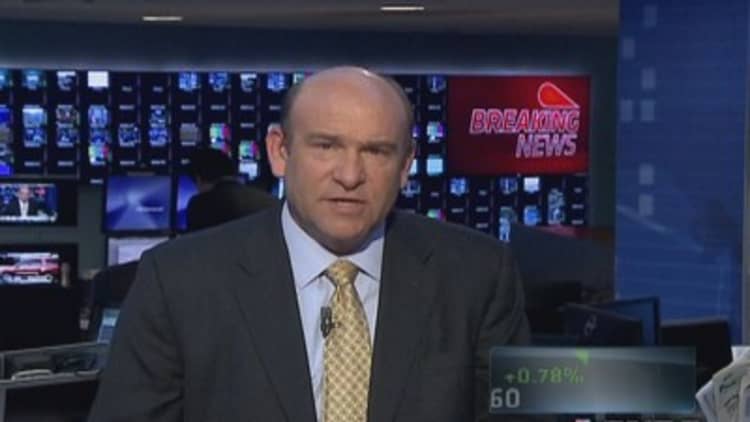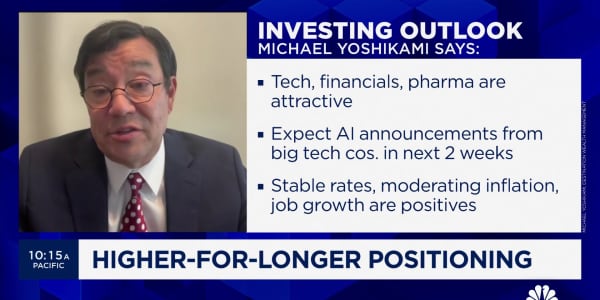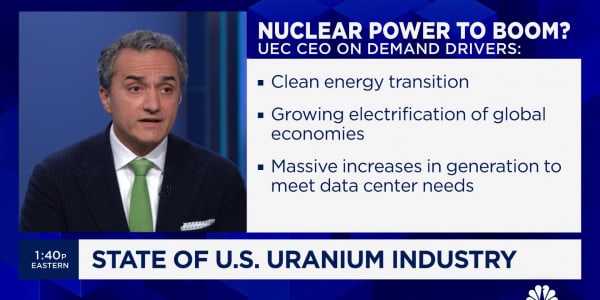The dynamic at the Federal Reserve may be about to change.
Stanley Fischer has been confirmed to join the board of governors, meaning he'll have a vote—and an important say—in monetary policy starting at the next meeting on June 17-18.
He still has to pass a vote confirming his position as vice chairman, the No. 2 spot under Chair Janet Yellen.
Fischer's presence is likely to change the shape of the Fed in a variety of ways.

Read MoreEverything the Fed thinks it knows may be wrong
He's a monetary maestro, with a renowned reputation in the U.S. and abroad for crisis-fighting, macroeconomics and monetary policy, a sensitivity toward international economics and markets and tougher bank regulation.
In Israel, where he left as governor of the central bank last year, people called him "the responsible adult."
Wall Street shares the sentiment.
"What he brings to the table is depth and experience," said David Rosenberg, chief economist and strategist at Gluskin Sheff.
Read MoreThis new Fed is a 'dream team': Mohamed El-Erian
The experience could come in handy as the Fed embarks upon the great experiment of unwinding its monthly money-printing bond-buying program known as quantitative easing, coupled with zero interest rates and returning the economy to a world of normal monetary policy, while steering economic growth, stable inflation and a better labor market.
A taste of Fischer's monetary policy creativity and his record: As the governor of the Bank of Israel, in October 2008, Fischer surprised the world markets in an unscheduled announcement to cut interest rates, a day after the global stock market wiped out more than $2 trillion of wealth.
It was one of the first and fastest moves by central banks in response to a worsening credit crunch gripping the financial system and was followed a day later by a coordinated rate cut by the Fed and other central banks.
Read MoreUS rate hike would be 'mixed blessing:' StanChart
Fischer surprised the markets again in August 2009, becoming one of the first central banks to raise interest rates after the worst of the crisis was over to protect the Israeli economy from inflation. Several emerging market central banks followed in his footsteps.
Fischer also persuaded parliament to pass a new law curtailing the power of the governor of the central bank—himself—resulting in the establishment of a supervisory committee to increase transparency and accountability of the central bank.
As economics professor at MIT, Fischer advised former Fed Chairman Ben Bernanke on his Ph.D.; other famous students of his include European Central President Mario Draghi, former director of the Council of Economic Advisors, Greg Mankiw, and former Treasury Secretary Larry Summers.
In addition to his roles in central banking and academia, Fischer served as vice chairman at Citigroup, as second in command at the International Monetary Fund and as chief economist at the World Bank.
"A decade at the World Bank/IMF points to something the Fed could use around the table, which is a sharper international lens," Rosenberg said.
David Woo, currencies strategist at Bank of America Merrill Lynch, said "I think Fischer will bring three elements to the board: pragmatism, a global perspective and academic credibility."
Read MoreTaleb, Summers do battle over financial crisis
Beyond adding policy ideas and an international sensibility to the Fed, Fischer has a track record as a tough bank regulator, which falls under the Fed's purview as well.
During his tenure at the Bank of Israel, Fischer helped forced Dan Dankner to step down as chairman of Israel's largest bank, Bank Hapoalim. Fischer questioned his management skills, which ultimately led to an indictment on a series of charges including fraud, money laundering and breach of trust.
But Fischer's policy chops and international credibility may prove to be a double-edged sword when it comes to internal politics of the Fed and its tricky task at hand—a smooth exit from crisis policies while being transparent and open to the markets about its intentions and policy path.
Read MoreFischer, Brainard to push for a more activist Fed
"Even if he is fully 'on board' with current (Fed Chair Janet Yellen's) thinking on policy issues, his gravitas will make his role a challenge," said Drew Matus, senior U.S. economist at UBS. "He has the ability to somewhat upstage the chair and add further complexity to the Fed's communications challenges, even if that is not his intention."
In other words, according to Woo, "He is a quiet guy, but he will be listened to."
—By CNBC's Sara Eisen.







